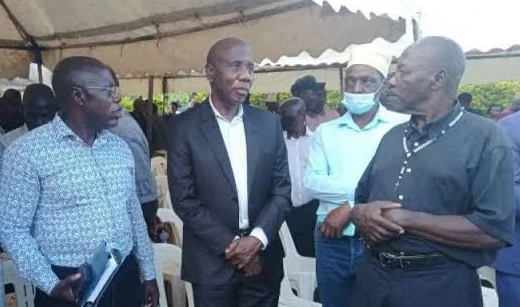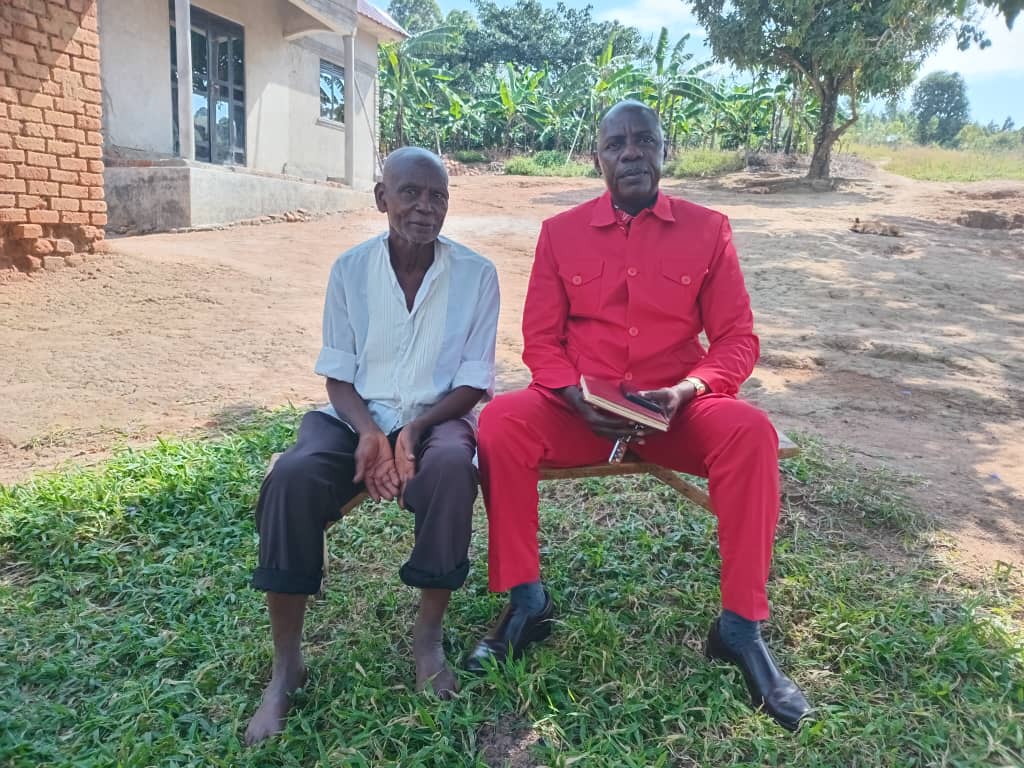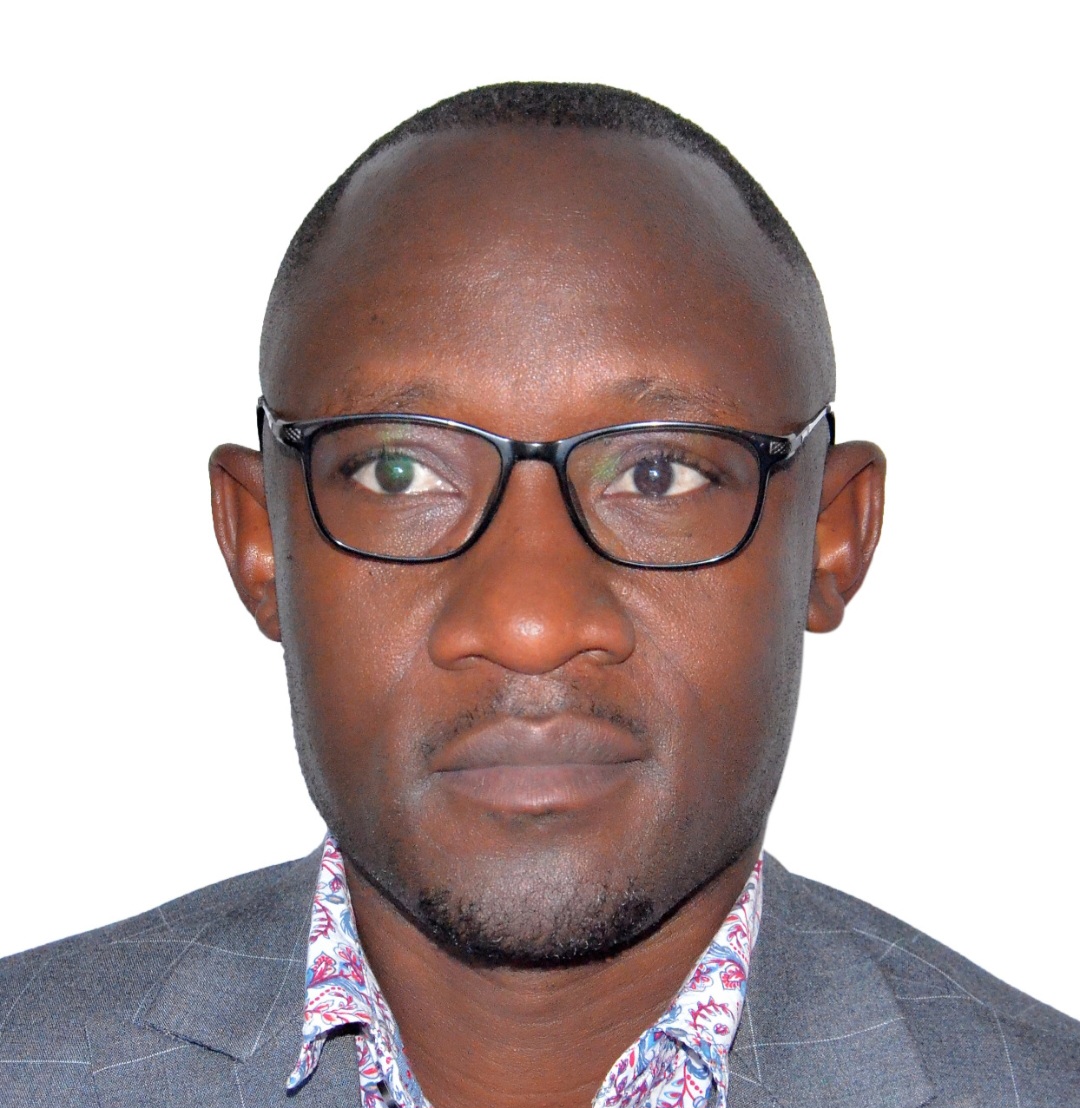KAMPALA, Uganda — In the heart of Uganda’s bustling capital, where skyscrapers and markets converge, one man quietly commands nearly half of Kampala’s Central Business District (CBD). John Bosco Muwonge, a reclusive billionaire, reportedly estimated be worth $1.8 billion, which he has built from his real estate empire, that reshapes Kampala city’s skyline while remaining largely invisible to the public eye.
Known as “Ntere Nfune,” Muwonge’s journey from humble beginnings in Masaka to dominating Uganda’s property market is a testament to strategic vision, family synergy, and unrelenting focus on cash-flow dominance.
From Masaka to Millions
Born in Kasanje, Masaka District, Muwonge’s early life remains shrouded in privacy, a hallmark of his persona. While details of his formal education are scarce, his business acumen was honed through hands-on experience in trade and property dealings starting in the 1980s. Now estimated to be in his late 50s or early 70s, Muwonge has transformed his modest origins into a sprawling portfolio that includes Namanda Plaza, Cooper Complex, Discount Mall, and the recently acquired Mukwano Mall—a $65 million all-cash deal in 2025 that marked Uganda’s largest private real estate transaction to date. Muwonge’s empire spans over 400 acres in Kisenyi and controls 47% of Kampala’s CBD commercial properties. He owns 68% of Nabugabo Street, 52% of William Street, 40% of Luwum Street, and 50% of Ben Kiwanuka Street, making him a linchpin of the city’s economic pulse. His properties, including Shamba Complex, Gwanda Mall, and Namayiba Bus Terminal, generate steady cash flow through rents and leases, fueling further acquisitions without reliance on loans or partnerships. ### A Family Affair Muwonge’s success is deeply intertwined with his family, a first-generation dynasty of real estate moguls. His siblings—John Ssebalamu, Paul Lubega, Haruna Ssegawa, and Christine Nabukeera—collectively own a significant share of Kampala’s property market. Christine, known as “Senga Nabukeera,” is the family’s cornerstone, with holdings like Kisekka Auto Center Plaza and Victor Plaza. The siblings’ unity extends to their personal lives: Muwonge married Resty, while his brothers wed her sisters Gertrude and Ruth, creating a tightly knit familial and financial network. This cohesion has allowed the family to navigate challenges, from bailing each other out during financial strains to strategically trading properties among themselves. “Their strength lies in their unity,” says a Kampala-based property analyst. “Muwonge and his siblings operate like a private consortium, minimizing external dependencies.” ### The Art of Staying Invisible Unlike Uganda’s other high-profile billionaires, such as Sudhir Ruparelia, Muwonge shuns the spotlight. Camera-shy and interview-averse, he avoids philanthropy and public engagements, focusing instead on deal-making and expansion. His frugality and cash-based approach—evident in the Mukwano Mall acquisition—set him apart in a market often driven by leveraged financing. “Muwonge doesn’t borrow, partner, or flaunt,” notes a local business commentator. “He buys, builds, and collects rent, quietly amassing wealth.” This low-profile strategy has not come without controversy. In 2015, Muwonge faced arrest for ordering the demolition of Nabagereka Primary School through his company, Boost Investments, without a court order. A 2019 land dispute saw the Umoja Veterans Association accuse him of illegally acquiring 1.2 acres on Kafumbe Mukasa Road, resulting in a court-ordered $215,000 payment he reportedly did not fulfill. More recently, a $100 million Kisenyi land deal was contested by a claimant alleging fraudulent title acquisition. These incidents highlight the tensions between Muwonge’s aggressive expansion and community interests, raising questions about the ethics of his empire-building. ### A Polarizing Legacy Muwonge’s dominance is undeniable, yet his legacy is complex. Critics argue his focus on profit over social responsibility—unlike peers who invest in schools or hospitals—limits his broader impact. Some rankings of Uganda’s wealthiest exclude him, citing his lack of public contributions. Still, his influence on Kampala’s urban landscape is unmatched, with his properties shaping the city’s commercial and cultural fabric. As Uganda’s tourism and real estate sectors grow, Muwonge’s holdings position him to capitalize on the nation’s economic ascent. Yet challenges remain, from poor infrastructure to sanitation issues in Kampala’s islands, where he has no direct investments but where his model of strategic acquisition could inspire development. For now, Muwonge remains an enigma—a billionaire who thrives in the shadows, building an empire one brick at a time. —
*Disclaimer: Net worth estimates are based on available data from 2021–2023. Muwonge’s private nature limits precise financial disclosures.*
Do you have a story in your community or an opinion to share with us: Email us at Submit an Article









